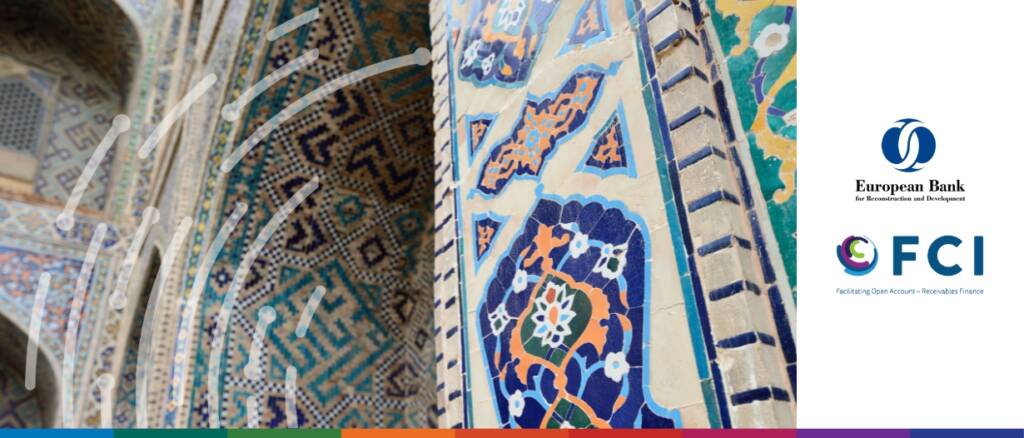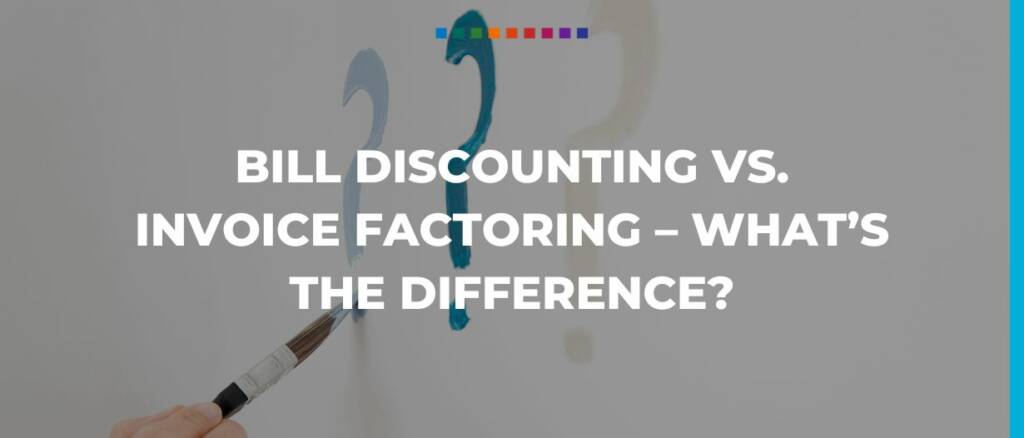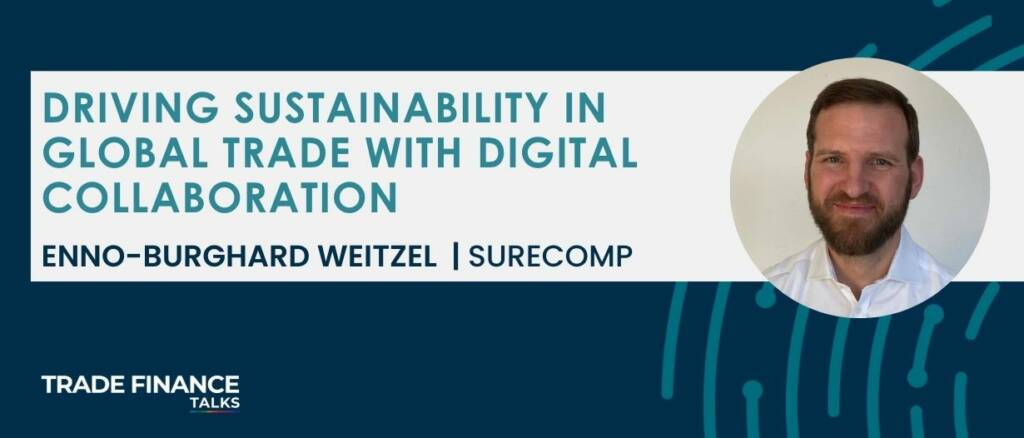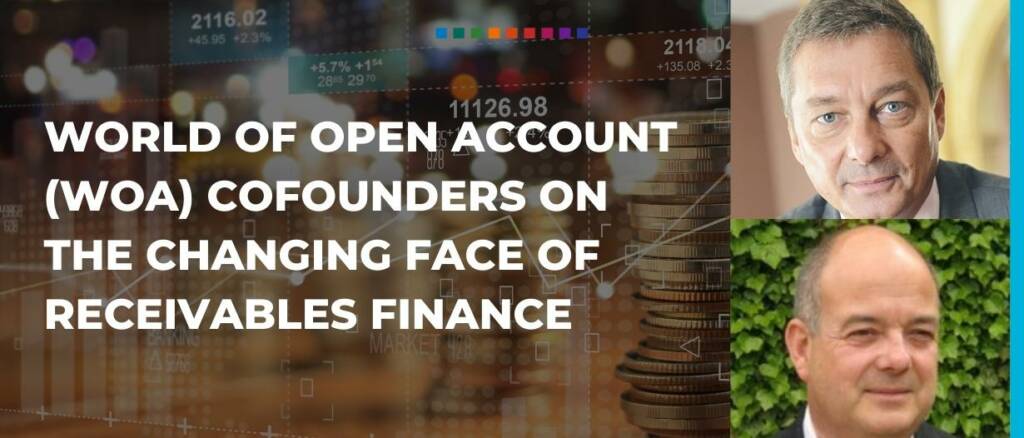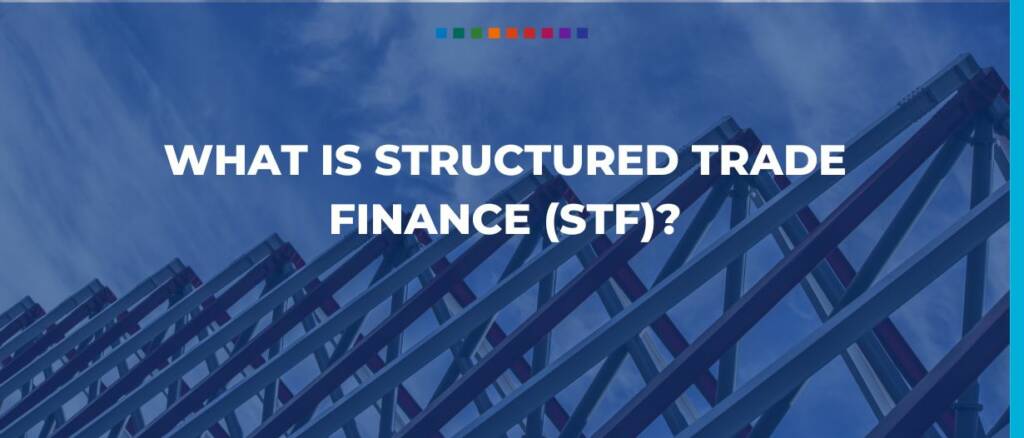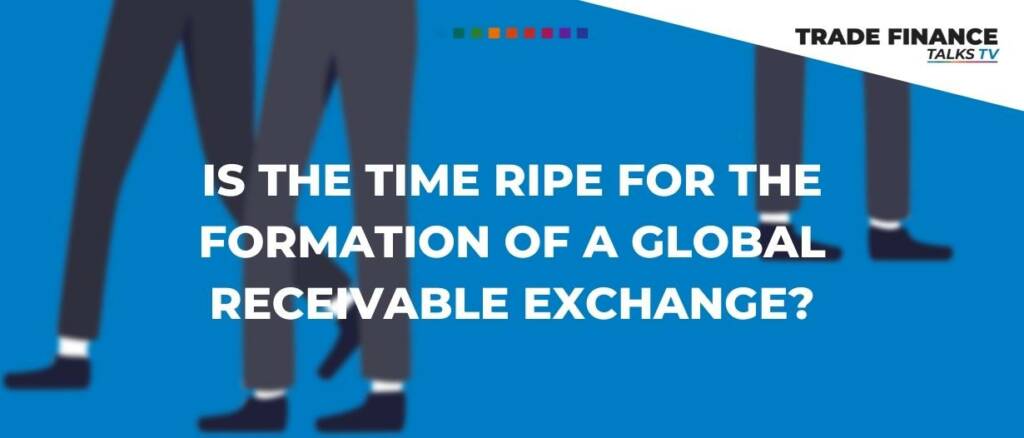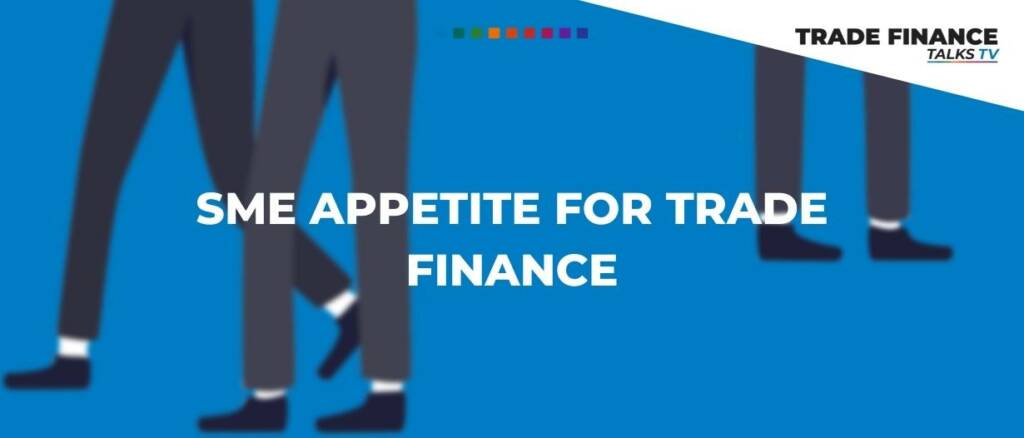During the European Bank for Reconstruction and Development’s (EBRD) 32nd Annual Meeting and Business Forum in Samarkand, Uzbekistan, TFG spoke with several industry leaders to learn more about the particulars of a first-of-its-kind transaction.
To break down the intricacies of factoring and to provide an overview of the UAE law, Trade Finance Global (TFG) spoke to Marek Dubovec, director at the International Law Institute and professor at the University of Arizona.
The dematerialisation of invoices and other supply chain documents is set for rapid growth. Most importantly the B2B market can be expected to build on the success of larger enterprises in automating their accounts payable and receivable processes to spread e-invoicing practices to small and medium-sized businesses (SME).
To learn more about the cross-border B2B payments landscape, Trade Finance Global (TFG) interviewed Ben Ellis, global head of Visa B2B Connect.
Both ‘bill discounting’ and ‘invoice factoring’ are types of financial instruments that are used to provide working capital to businesses from accounts receivables (i.e., unpaid invoices).
ESG may be front-of-mind, but how can the wider implications of sustainability help different areas of trade?
While the environmental, social, and governance (ESG) agenda is clearly front-of-mind at the moment and a crucial element of sustainability, the topic is more nuanced than it might first appear.
TFG’s Annie Kovacevic sat down with World of Open Account (WOA) cofounders John Brehcist and Erik Timmermans.
Structured trade finance is a type of debt finance that structures trade finance products from across the supply chain together. Learn everything you need to know about structured trade finance here.
In 2019, FCI formed a working group called “Receivables as an Investable Asset Class” (RIAC). It was comprised of FCI members and companies who operate as funds supporting the
Trade Finance Global surveyed firms throughout Europe to gain an understanding of SMEs’ trade finance usage norms and their propensity to pay for new or additional trade finance products and services.















